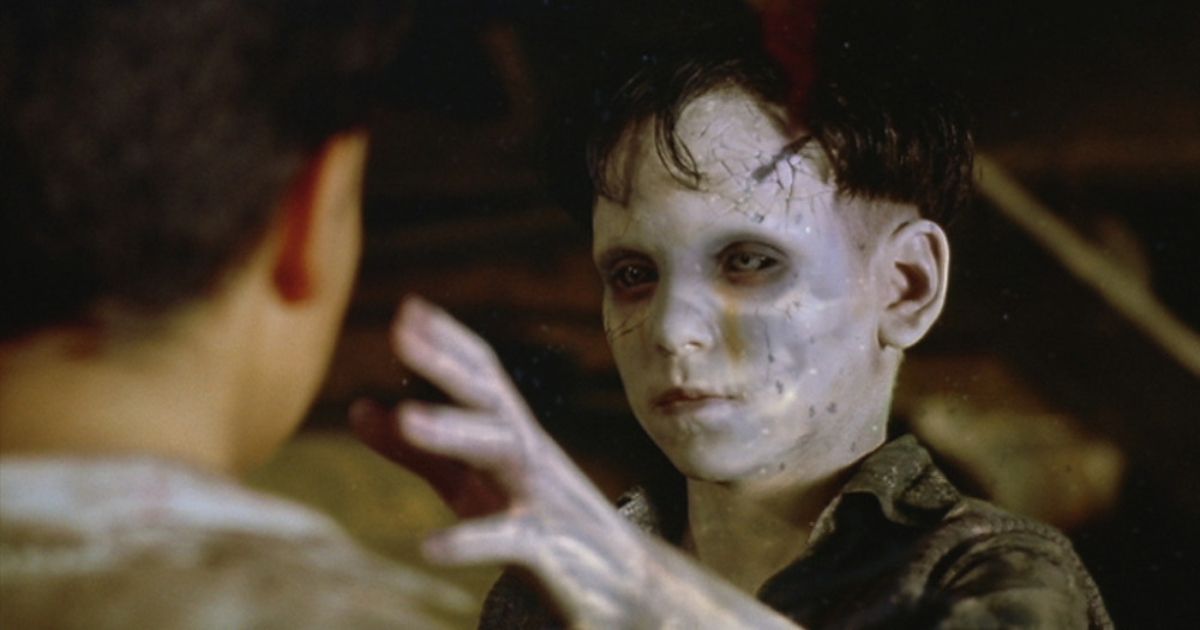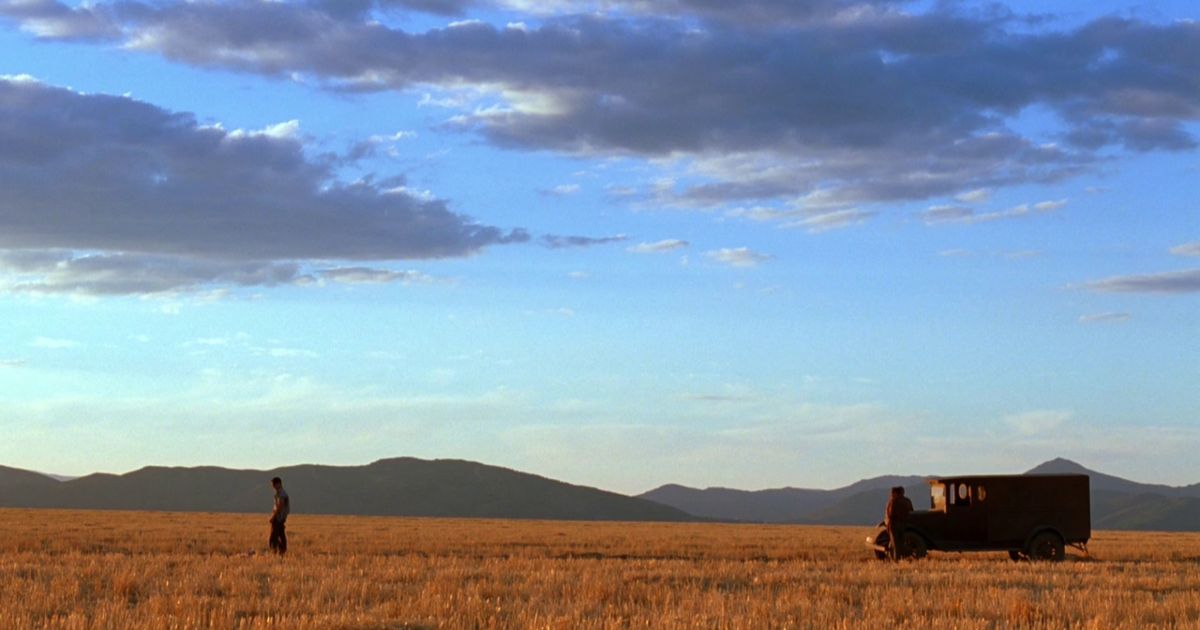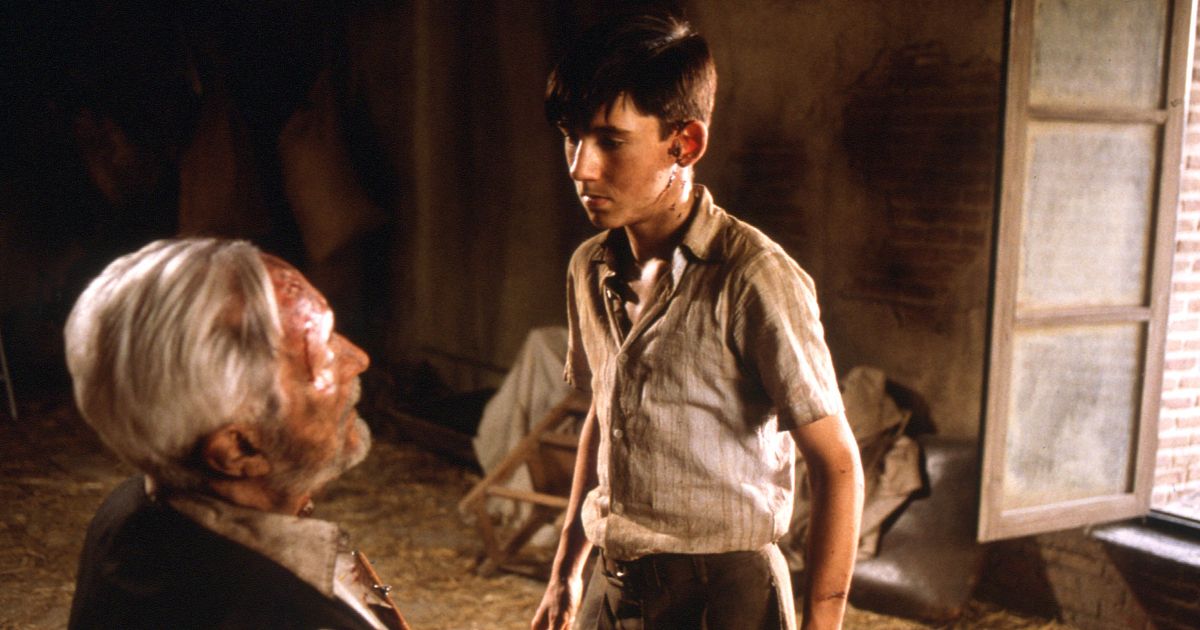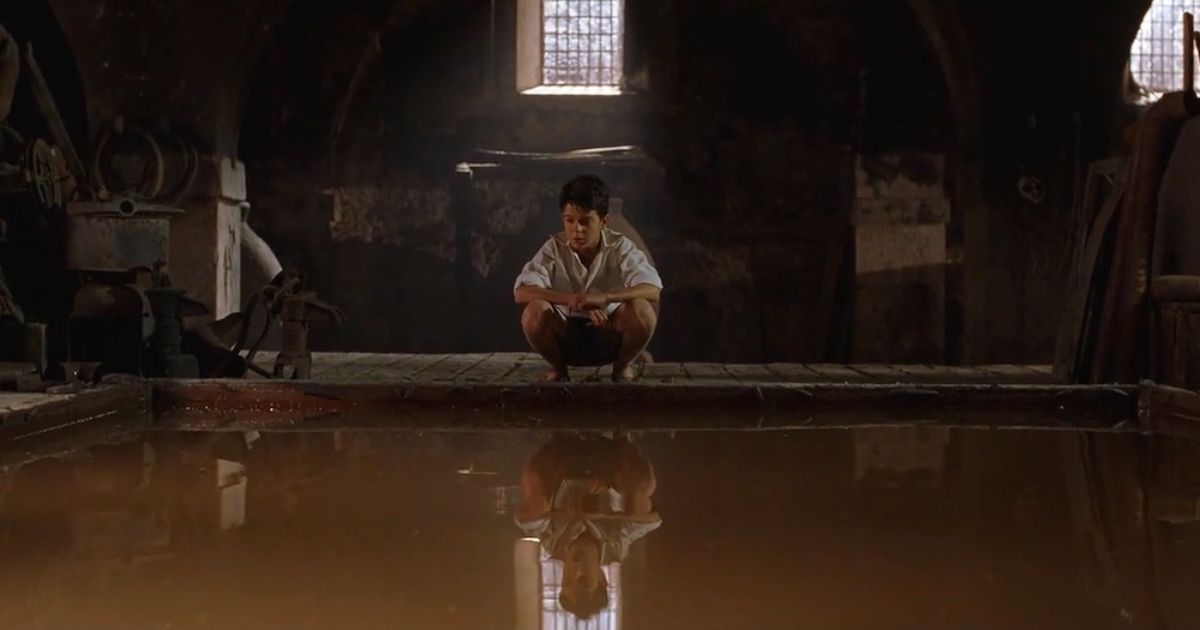Guillermo del Toro made The Devil's Backbone two decades ago. If you saw it today you may find yourself dealing with a very different movie than the one you saw before when everyone was younger, and you had little to no knowledge of the man behind the camera. You saw movies differently. In the past, the film was a ghost story with lovely winks to drama, child adventures, and the horrors of war.
But now, with the hindsight provided by del Toro's future career and the maturity of its viewers, The Devil's Backbone is more profound in how it reflects childhood in harrowing circumstances. The director would explore this same element in his following movies, but this is the one that opened the door to a constant exploration of true horror in circumstances no child should grow up in.
The director’s career is vast in terms of humanity and how it explores nontraditional cultures, trauma, and imagination, and his films fittingly look like no other. Curiously, The Devil's Backbone is one of his most normal looking entries, even if it's a display of monstrosities.
Casualties Of War
The Devil's Backbone tells the story of an orphanage trying to make it past the Spanish Civil War. It is remote from the nearest town, but somehow kids end up here. They are the sons of the rebels trying to fight Francisco Franco's terror. The newcomer is Carlos, an imaginative and smart kid who understands well what his circumstances are. He doesn't take long to get in trouble one night when he has an encounter with what could be a ghost.
The leaders of the place, a professor and an administrator, notice that staying in that place could be dangerous considering Franco's troops may be getting close. Leaving may be the only option, but it could be too late, as treason could prevent a safe escape. There’s terror inside, in the form of an evil caretaker who cares for nothing but himself, a man who decides to take advantage of the situation to get some money.
Del Toro’s Exceptional Depiction of Childhood and Trauma
The director's consideration of horror has never been tampered with. Del Toro's active voice in exploring the dark side of the human psyche allows him to construct a perfect case for villains with ulterior motives, but which ultimately reveal their intentions. In The Devil's Backbone, this element is greatly reflected in a character whose malice is so powerful and malign that evil lies in an improbable dimension. A wonderful introduction with a narrated message forebodes this consideration and also serves as a perfect closing device for The Devil's Backbone.
Del Toro's handling of the mundane (and its consequential drama) gives us the chance to reside in his claustrophobic version of the "war effect." Trauma in The Devil's Backbone is not revealed as a determining factor in child characters. They are and remain innocent when a horrible event such as war is happening around them. Innocence during this chaotic event is essential, and the director impressively handles the balance of genres. Yet, it all ends in the same place. It is ultimately a ghost story taking place during a very horrific reality.
In this resolution, the initial narration becomes a key piece to understand the film's horror tone:
What is a ghost? An emotion, a terrible moment condemned to repeat itself over and over? An instant of pain perhaps? Something dead which appears at times alive. A sentiment suspended in time, like a blurry photograph, like an insect trapped in amber?
Creating a Universe in Devil's Backbone
Almost two decades after its release, The Devil's Backbone is still a relevant take on the nature of fantasy during reality. We need movies like these, even if we don't know it. Del Toro's is a director opening windows to worlds we cannot even begin to imagine. Even if The Devil's Backbone has traits of a war movie, it's impossible to discard the sensitivity of a director that dared to portray extreme fiction during a very real and horrific section of history.
For those more familiar with the director's career, The Devil's Backbone represents a device through which everything is connected in his universe (and repeats itself most explicitly in Pan's Labyrinth). Ghosts look the same as they look in other films from the Mexican director, such as Crimson Peak, and physical harm follows a pattern in his cinema. Violence in del Toro's universe is very, very intense. This time is no different. The Devil's Backbone may have been near the beginning of his career, but it's been clear from the start that his films stand out. The Devil's Backbone is a great example of a ghost film, and why not, a great choice for gateway horror. Just keep the kiddies close.
The Devil’s Backbone is available to stream on HBO Max.




